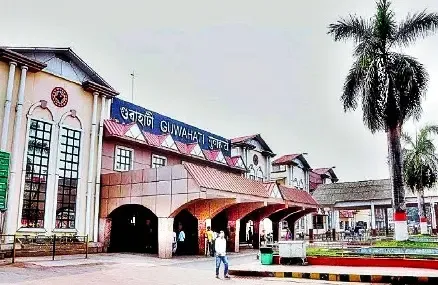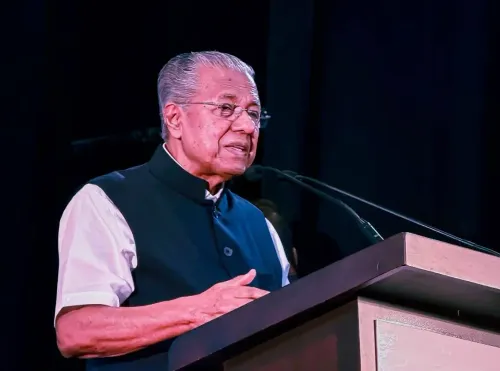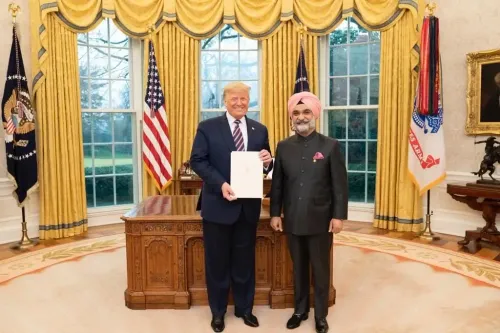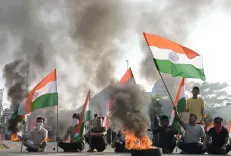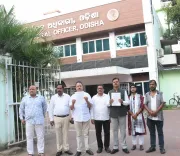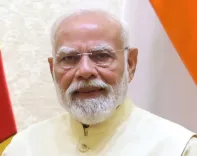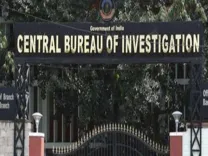Did Nehru Really Gift Rs 14,000 Cr to Pakistan?
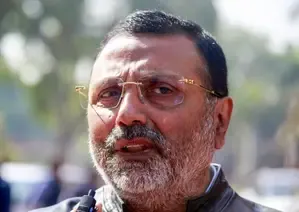
Synopsis
Key Takeaways
- Nishikant Dubey raises critical questions about India's financial contributions to Pakistan.
- The Indus Waters Treaty allocates water resources between India and Pakistan.
- Financial provisions under the treaty have sparked debate regarding national security.
- India's response to terrorism has led to significant policy shifts.
- The ongoing conversation about geopolitical dynamics is essential for India's future.
New Delhi, June 6 (NationPress) BJP Lok Sabha MP Nishikant Dubey has once again criticized the Gandhi family, alleging they have prioritized Pakistan's interests over India's with regard to the Indus Waters Treaty (IWT).
In a post on X, Dubey pointed out India's monetary contributions to Pakistan under the treaty, implying that the Gandhi family's actions have harmed India's national interests.
Dubey stated in Hindi (translated in English): "The Gandhi family has nurtured the 'snake' called Pakistan with both water and blood for 77 years. However, examine this document closely— in exchange for attacks on Indian lives, the Congress leader, Prime Minister Nehru, not only surrendered 80 percent of India’s water under the Indus Waters Treaty but also provided Pakistan with what is now valued at approximately Rs 14,000 crore for constructing dams and canals. Betray the nation, bolster Pakistan with water, and suffer abuse— this is the India the Gandhi family has shaped."
To substantiate his assertion, Dubey included Article V (Financial Provisions) of the Indus Waters Treaty in his post, which verifies that India consented to pay 62.06 million pounds (a substantial amount at that time) as financial aid to Pakistan for building replacement infrastructure. This payment was set to be made in 10 equal annual installments and was non-refundable, regardless of any provocations or hostilities.
The IWT, established in 1960, designated the three western rivers—the Indus, Jhelum, and Chenab—to Pakistan, while the three eastern rivers—the Ravi, Beas, and Sutlej—were allocated to India. Even with this arrangement, Article V of the treaty outlines that India agreed to contribute a fixed amount of 62,060,000 pounds for the construction of new headworks and canal systems for irrigation from the western rivers in Pakistan's Punjab province. This financial obligation was to be disbursed in 10 equal annual installments, commencing on November 1, 1960.
Dubey’s critique revolves around this provision, questioning the justification for India's financial assistance to Pakistan, particularly given that India was facing challenges related to terrorism and border security from that nation. He argues that such agreements, made during the Congress-led government, have undermined India's strategic interests.
In April 2025, after a terrorist incident in Pahalgam, India halted the treaty, citing national security concerns and alleging Pakistan's involvement in terrorism. Prime Minister Narendra Modi firmly stated that Pakistan would no longer receive water to which India holds rights, indicating a shift in India's stance regarding the treaty.
While the suspension of the treaty marks a significant turning point, the financial provisions under Article V remain contentious. Critics argue that India's financial contributions to Pakistan under the treaty were excessive, considering the geopolitical context and security challenges.


